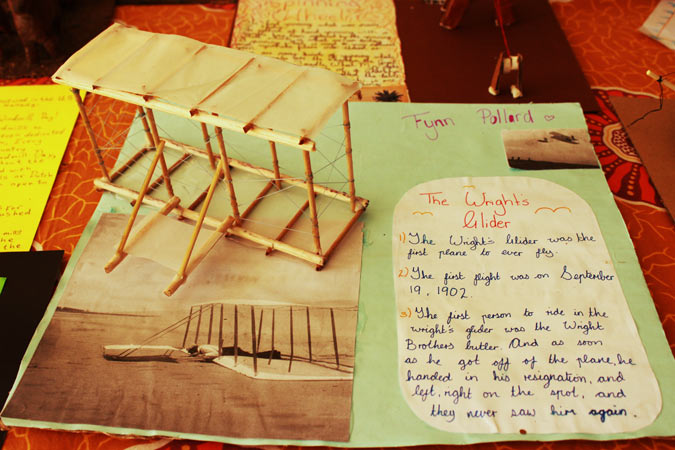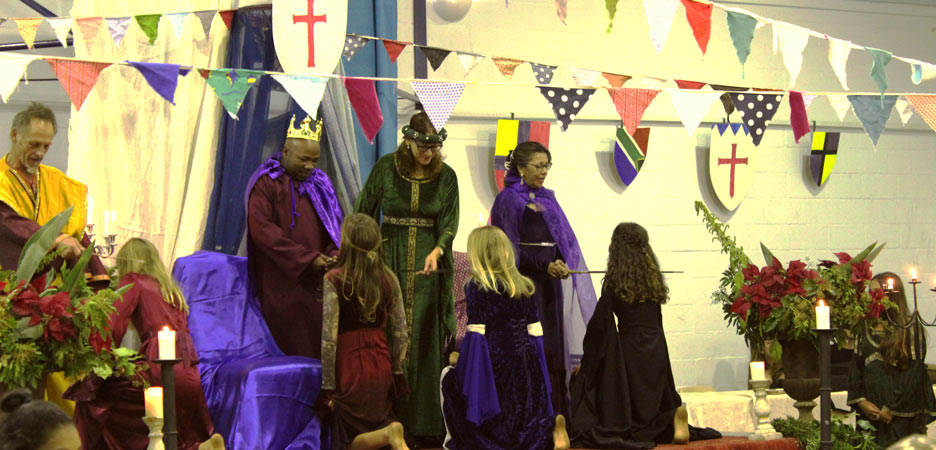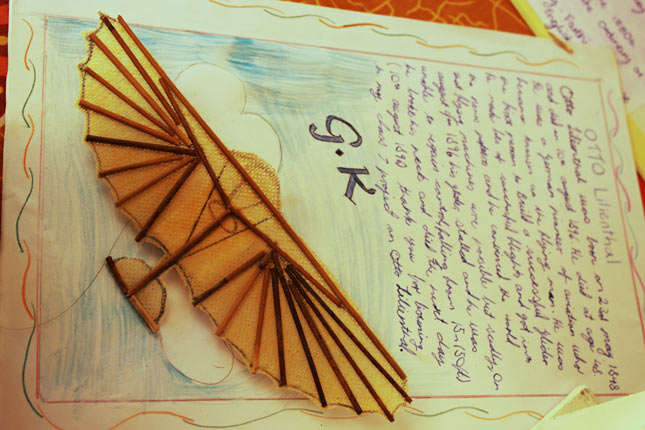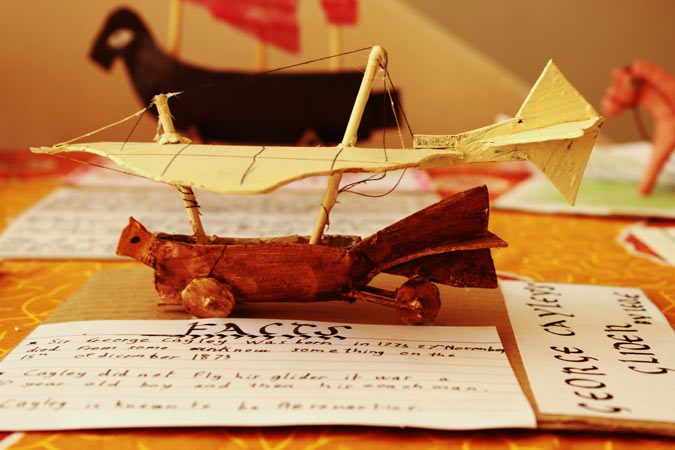Please read through carefully, complete all questions and both parents should sign the application form. Note that this application cannot be processed until we receive all the requirements listed below. Instructions on how to supply the requirements will follow during the application.
- An application fee of R350. This fee is not refundable.
- A certified copy of your child’s most recent report if applicable.
- Certified copies of any remedial and/or psychological assessments.
- A certified copy of your child’s birth certificate or passport.
- A recent identifying photograph of your child.
- Recommended: letter of motivation, should you feel this to be beneficial/your situation warrants further elaboration.
Please note that any relevant non-disclosure will result in nullifying this application.
Application process:
Applications are pre-assessed and considered for interviewing. Acceptance is not guaranteed and is subject to there being a vacancy and a successful Teacher interview and Financial interview with the admin. office, including a consumer credit check. You will be advised during the year prior to entry if/when interview/s can be arranged.
- Your child will be required to attend the Teacher interview together with parent/s. Payment for the costs of any further testing and/or assessment required by the school may be at an extra cost.
- Acceptance, with a routine term’s probation, will be confirmed after the interviews and subsequent discussion with the Kindergarten/Playgroup Faculty.
- If successful, a Parent Contract of Enrolment and Acceptance of Place forms will be issued for completion, to be returned prior to entry.
- A deposit of R2700 is payable on acceptance as a contingency fee, also prior to entry. It may not be refunded in the event of your cancellation priorto commencement, this being subject to date and circumstances. It will be refundable at the end of the pupil’s period of enrolment at the school on application.
- If your child is accepted, a transfer certificate should be obtained from the previous pre-school, if applicable, and handed in prior to commencement at Constantia Waldorf School. Failure to comply may result in the pupil having a limited visiting status until this requirement is met.
- Study permits, or proof of application, will be required prior to entry of non-South African pre-schoolers.
CONDITIONS OF ENTRY – to be retained by parents
FEE POLICY
The financial liquidity of the school is dependent on the prompt payment of school fees by parents/guardians. All monthly fees are to be paid in advance on or before the 1st working day of every month. The Board of Trustees of the Constantia Waldorf School reserves the right to make adjustments to the school fees and related charges from time to time, as it may deem fit.
METHODS OF PAYMENT
- Monthly Debit Order payments over 12 months, January to December 2014.
- Monthly Electronic Funds Transfer or Stop Order methods of payments may only be done over 10 months (January to October 2014).
- Your child’s full name and account reference number should appear on the deposit slip and the details faxed to us, so that we are able to identify your payment.
- We prefer not to accept cash at school.
Application & School fee payments bank details:
Absa, Branch Code: 505309,
Account number: 1079140534
“Constantia Waldorf School” or “Waldorf Schools Association”
Cheques to be made out to “Constantia Waldorf School”.
Foreign fee payments bank details: as above – Swift Code: ABSA ZAJJ
EARLY PAYMENT of FEES
A 3% rebate is offered for fees paid annually in advance, before 15 January 2014.
ADMIN CHARGES
- Failure by parents/guardians to make fee payments by the 1st working day of every month will result in a late payment charge of R250 per month.
- Repeated late payments will not be tolerated.
NON or SHORT PAYMENT OF MONTHLY/TERMLY/ANNUAL FEES – POLICY and PROCEDURES
- Outstanding fees of the previous MONTH/TERM/YEAR will be handed over to the attorneys of Constantia Waldorf School for collection. Parents/Guardians will be liable for payment of costs on the scale as between attorney and client, including collection charges.
- Parents/Guardians will be required to immediately remove the children from school. (Only in exceptional circumstances, and at the discretion of the Board of Trustees in conjunction with the Debtors Mandate Group, will a pupil be allowed to enter a new term if any portion of the fees of the previous term is unpaid).
WITHDRAWAL NOTICE
Once the pupil has entered the school, a minimum of one clear term’s written notice (3 months) of withdrawal and request for the refund of the acceptance deposit must be given to the school office, if the parent wishes to terminate this contract for any reason and to withdraw the pupil prior to the final exit examination, with the exception at the end of Primary School 2 term’s written notice applies. If such notice is not given to the office, a full term’s fees (3 months), at the rate applicable for the next term in which the pupil would have been, shall be paid in lieu thereof. Likewise, if the school elects for any reason to terminate this contract, then it may do so, on giving the parent a clear term’s written notice (3 months) of its decision to terminate the contract, at which time the parent must withdraw the pupil. A CEMIS transfer certificate will issued on the pupil’s last day of school or when the fee account has been fully settled. Admission from Playgroup to Kindergarten, Kindergarten to Primary School and Primary to High School is not automatic and is subject to a routine term’s probation and the payment of the increased Acceptance Deposit.
PARTICIPATION, SUPPORT
It is important to maintain regular contact between parents and teachers. General information is emailed through our weekly “The Grapevine”, keeping families up to date with happenings at school. During the year you would be expected to attend all termly Class Parent evenings, talks, the Annual General Meeting and festivals so that you can meet the teachers and learn more about the children and their education. From time to time we have introductory courses in Waldorf Education and parents are asked to attend if they have not previously done so, in order that our methods and expectations can be explained. The school holds one or more big fundraising events during the year. All families are expected to play an active part in these events.
– Parents are held responsible for supporting our teacher’s expectations and requirements as elaborated in our Playgroup and Kindergarten General Information and Commitment for Entry documents.
– Should your child require extra/remedial lessons/therapy in the future, this would be an additional cost.
Disclaimer: Constantia Waldorf School does not accept responsibility for any personal property brought to school.



